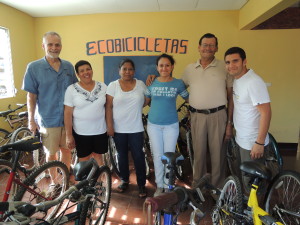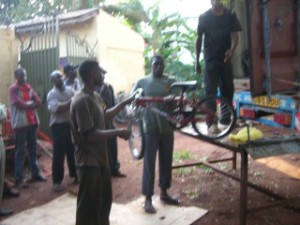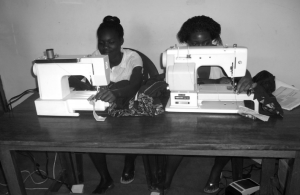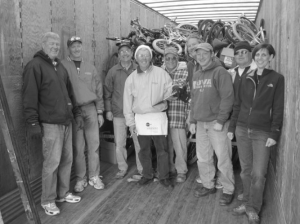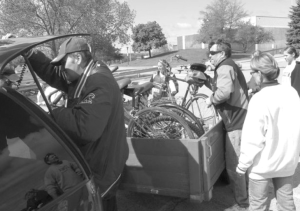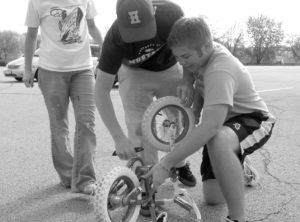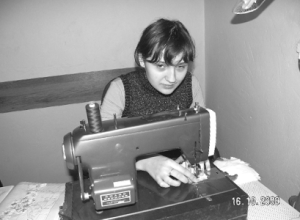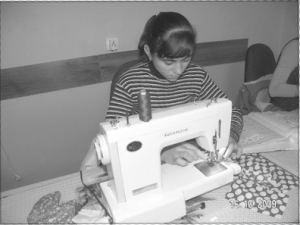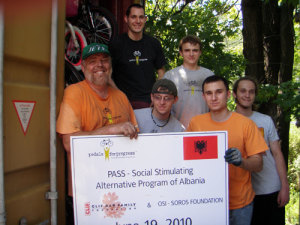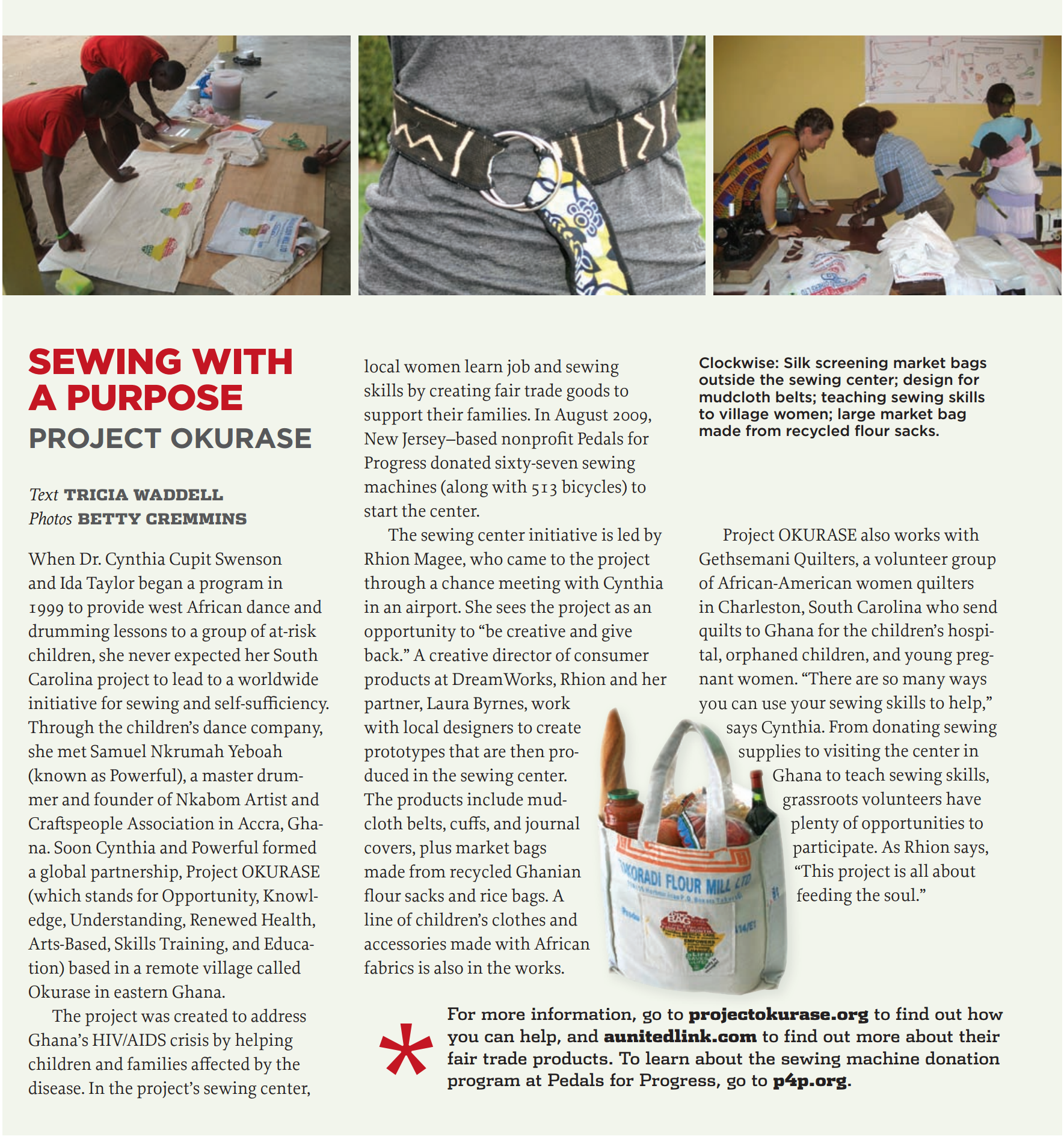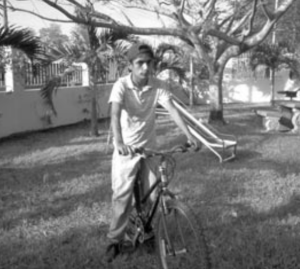WEBike
For Pedals for Progress to get our bicycles to the smallest towns at the end of the road where the need for them is greatest, we need to find a local partner organization that has robust distribution potential. While most of our overseas partners are nonprofits, in a few instances we have chosen to work with effective for-profit organizations. Wright Enterprises is one of these.
Wright Enterprises is a for-profit company that imports consumer goods into Ghana. They have organized and maintain a supply chain across a very large swath of the countryside in order to bring all manner of goods to the small merchants who serve the needs of the local populations. Over the years, the merchants they supplied consistently requested bicycles for their customers, but importing bikes never proved cost-effective. After purchasing them abroad, then adding tariff and transportation costs, the final retail price of their bikes was too high for their end customers. The numbers simply didn’t make sense for them.
Then, in 2006, they contacted Pedals for Progress for assistance. Traditionally, we work with non-profit organizations. For a number of reasons, for-profit partners are usually unsuitable, but working with Wright Enterprises offered us a unique opportunity. As a commercial entity, they can get containers in-country easier because they bypass much of the red tape that keeps many non-profit groups from being effective. Most importantly, though, by partnering with them we gain access to many, many small markets we would otherwise not be able to reach.
For their part, Wright Enterprises established WEBike to distribute P4P bikes at little to no profit for themselves. As good businessmen, they realize that by supplying affordable transportation to their customers, those customers are able to earn more money and buy more of their merchandise. They have proven to be an extremely effective partner. While their main facilities are in Ghana’s capital, Accra, their supply networks extend through Accra’s populous suburbs, up the Volta River, and all along the Cape Coast.
Project OKURASE
The purpose of Project OKURASE (Opportunity, Knowledge, Understanding, Renewed Health, Arts-Based, Skills Training and Education) is to address the HIV/AIDS crisis in Ghana by helping vulnerable and orphaned children who are impacted by HIV/AIDS in their family and their village. Click here to read the article on OKURASE in the Fall 2009 INGEAR.
Click here for the Project OKURASE facebook page.
Sew for Sisterhood
P4P is collaborating with the GO Fund to help support Sew for Sisterhood in Ghana. This is a true combined effort: the GO Fund supplies the trainers in the field while we supply the hardware. We are already planning our next joint venture in Kenya.
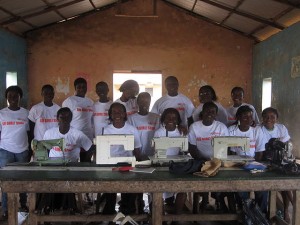 |
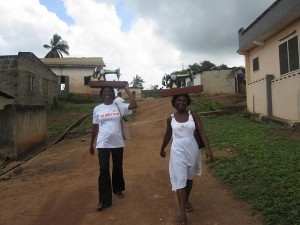 |


